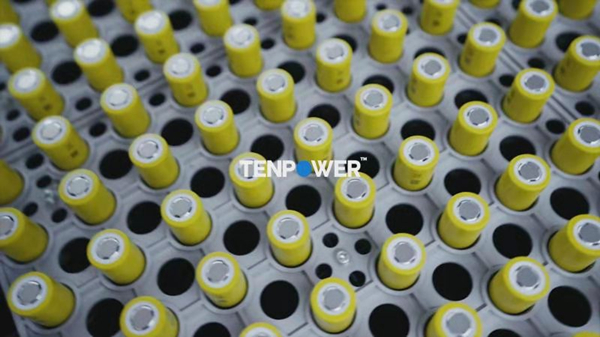18650 Battery Pack Connectors-Definition and Usage
Mar 27, 2020 Pageview:1332
The planet is moving away from fossil fuels and one day it will become entirely electric. Lithium-ion is the most promising technology of all batteries in the present world. Car batteries based on the 18650 battery are the main batteries, this is also used in smartphones, RC vehicles, drones and medical equipment, power tools and e-bikes. In addition, it is one of the most mature li-ion formats available, generated in high volume and cost-effective per Wh.
What is 18650 battery pack connector?
Battery packs are any number of individual batteries which are arranged in series or parallel to provide electronic devices with the necessary power. Because of their high power density the most common form of battery used in battery packs is 18650 lithium ion battery. Battery packs are widely distributed, from phones to lawn mowers to vehicles. Due to their high power density, lithium ion batteries currently have the largest market share in the rechargeable battery industry.
The particular application will determine the voltage and current needed when designing a battery pack. Individual cells can be scaled up and down and used in various combinations to generate output voltages and currents which meet the application's needs. When arranging individual cells in sequence the voltage adds up. The currents add up as they are distributed in parallel.
How do you use 18650 battery pack connectors properly?
Parts and Equipment Required to use 18650 battery pack
2. BMS
3. Ni Strips
4. Battery Rate Indicator
5. Rocker changeover
6. DC Jack
7. 18650 Incumbent
8. 3 mm x 10 mm Screws
Tools Required:
1. Spot welder
2. 3D CR10S Printer
3. Wire Cutter / Stripper
4. Multi-meter
5. Li Ion Charger
Protection Equipment to be used:
1. Goggles
2. Electric Gloves
Selecting the right 18650 cells for the battery pack
You can find several varieties of 18650 cells in the market ranging from $1 to $10 price, but which are the best ones? I would strongly recommend buying 18650 cells from licensed firms such as Panasonic, Samsung, Sanyo and LG. Such cells which have well established characteristics of efficiency and excellent quality control. The reputed 18650 brand cells are usually costly, but if you consider using them for a long time then they're worth it.
Do not buy any cells like Ultra-fire, Sure-fire and Trust-fire with the word FIRE in the name. In truth, these cells are actually factory rejections, purchased by companies such as Ultra-fire and repackaged in their own branded cover. Many used batteries are re-wrapped as new and white-labelled. They advertise the battery by labelling capacity up to 5000mAh, but in fact their capacity is between 1000 and 2000mAh. Another big issue with these cheap 18650 cells is the high probability of explosion during charge or discharge when overheated.
Choosing the Right Battery Strips
To create the battery pack, you have to link the 18650 cells together using Nickel strips or thick wire. There are usually two types of nickel strips in the market:
Nickle-plated steel strips
Pure nickel strips
I'll recommend buying pure nickel. It's a little bit more costly than the nickel-plated steel but it's much less resistant. Low resistance means less generation of heat during charging and discharging, resulting in longer usable battery life. Nickel stripes come in various lengths and dimensions, choose accordingly.
Spot Welding
The reason we spot welding is that it firmly connects the cells together without adding any heat to them. There are currently two types of spot welders in the market:
Hobby grade
Skilled grade
A decent hobby grade spot welder costs about $200 to $300, where it can cost around ten times more as a good skilled grade.
Voltage Testing
When connecting the cells in parallel, first test the individual cell voltages. In order to parallel the cells, the voltage of each cell should be similar to each other, otherwise a high voltage would flow from the cell with higher voltage to the cell with lower voltage.
Leave Message
Hottest Categories
-
Hottest Industry News
-
Latest Industry News












